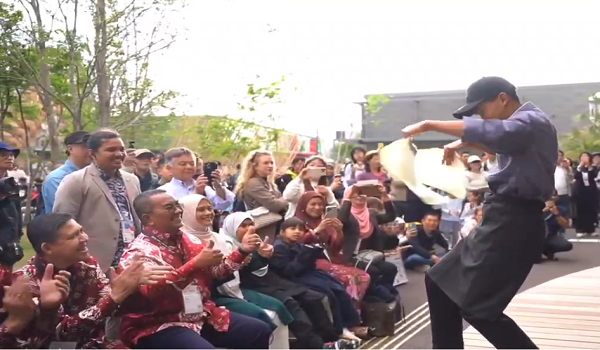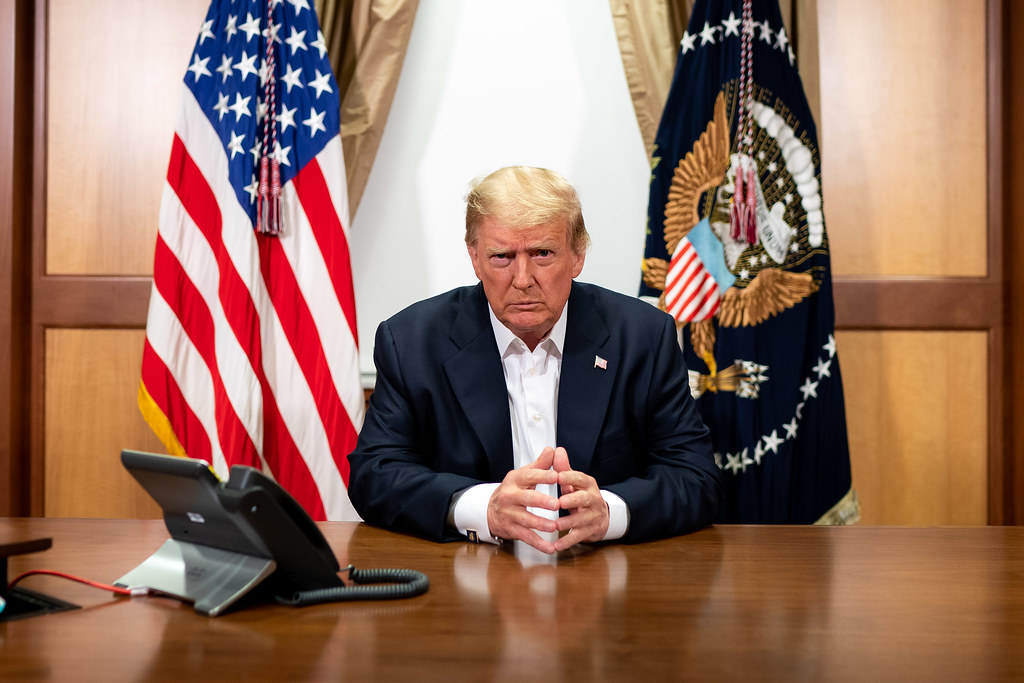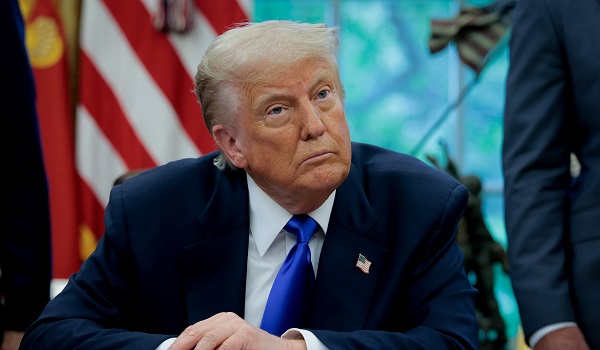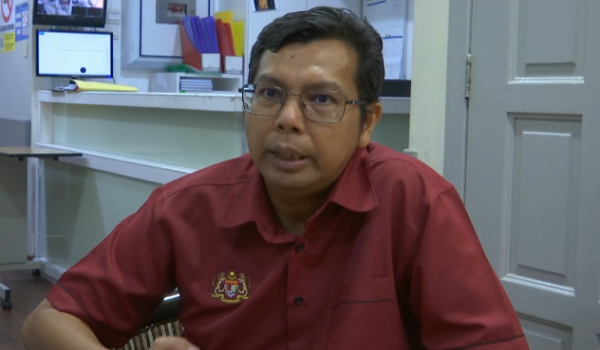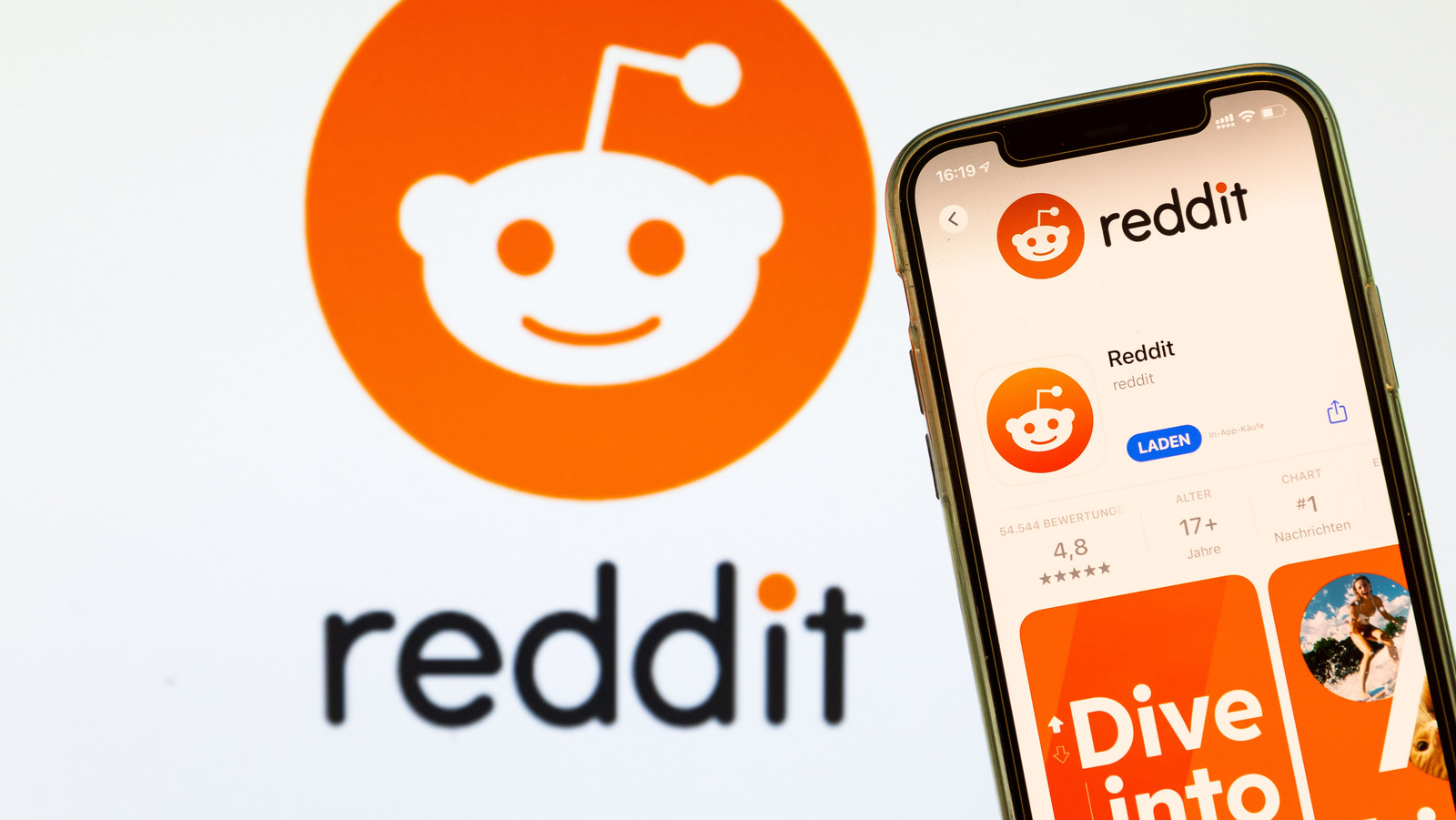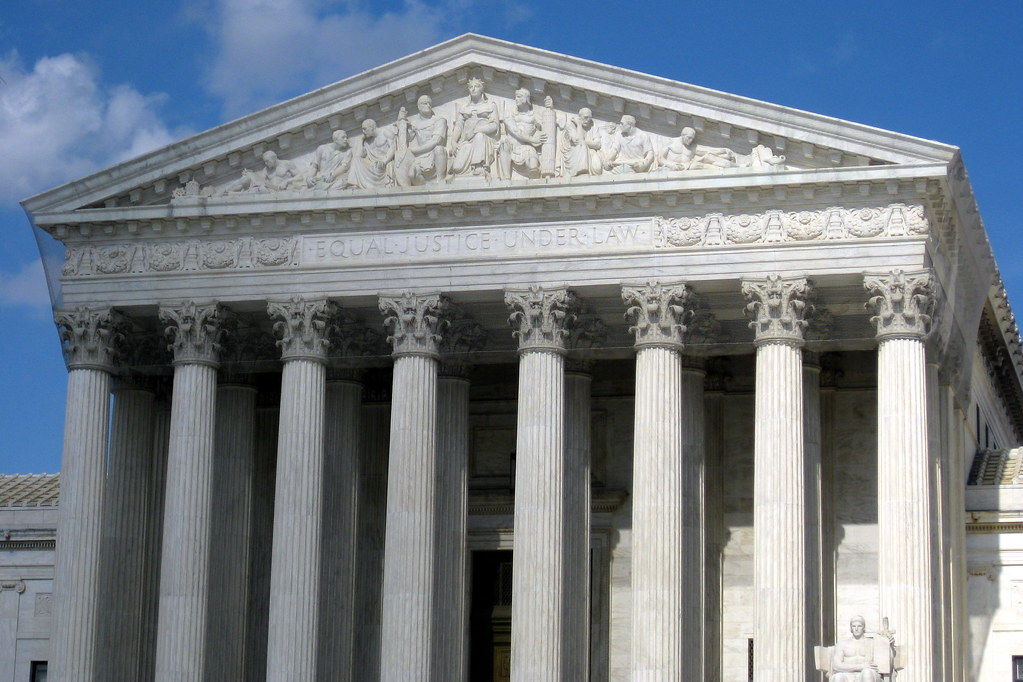Former President Donald Trump has announced the formation of a “Latter-Day Saints for Trump” coalition just weeks before Election Day. This strategic move aims to bolster support among a crucial voting bloc, particularly in key western battleground states where losing ground could significantly impact his campaign.
The coalition is backed by several prominent Utah Republicans, including Senator Mike Lee, Representative Celeste Maloy, Representative Burgess Owens, and State Attorney General Sean Reyes. Senator Lee praised Trump, stating that he has ensured that “Latter-day Saints and people of all faiths can worship freely and live according to our beliefs.” He emphasized that Trump’s commitment to life and protecting the unborn has fortified families, asserting that “his leadership is exactly what America needs to preserve the God-given rights that make us strong and free.”
While the Church of Jesus Christ of Latter-day Saints (LDS Church) is headquartered in Utah— a state that has not voted for a Democratic presidential candidate since 1964—there is also a considerable Latter-day Saints population in Arizona, with over 442,879 members. This demographic is crucial for Trump’s electoral strategy, especially since Joe Biden won Arizona by a narrow margin of just 11,000 votes in the 2020 election.
Exit polls from that election revealed that Biden captured 18% of the LDS vote in Arizona, a notable shift from a demographic that has historically aligned with conservative values. The steadfast support of Latter-day Saints for Republican candidates has been a significant factor in maintaining the red status of states like Utah and Idaho, where the LDS population is most concentrated.
Arizona Republicans Join the Coalition
Notable Arizona Republicans have also signed on to the coalition, including Representative Andy Biggs and Pinal County Sheriff Mark Lamb, who recently ran an unsuccessful Senate campaign. Sheriff Lamb expressed his belief that Trump would protect his religious freedom and his rights to “raise and protect” his family, emphasizing the importance of these issues to many LDS voters.
In an effort to engage further with the Latter-day Saints community, Trump plans to hold a roundtable discussion with LDS leaders in Arizona on Sunday. This engagement is seen as crucial in strengthening ties with a demographic that has shown signs of division regarding Trump’s often divisive political style.
Divided Sentiments Within the LDS Community
Some Latter-day Saints voters have expressed disillusionment with Trump, citing concerns over his controversial political tactics, including his rhetoric surrounding immigration and refugees. These positions conflict with the values upheld by the LDS Church, which promotes compassion and charity.
In response to this discontent, Vice President Kamala Harris’ campaign has sought to capitalize on the divisions within the LDS community. Harris aims to create a “permission structure” for Latter-day Saints voters to support her candidacy, focusing on character and a more moderate, politically progressive approach. Her campaign has launched a “Latter Day Saints for Harris-Walz” coalition and organized an advisory committee in Arizona to bolster her outreach efforts.
Trump’s coalition has also attracted the support of several high-profile figures, including retired Air Force four-star General Robert Oaks, a former general authority of the LDS Church, conservative commentator Glenn Beck, and popular entertainment personalities like the Diesel Brothers. These endorsements are likely to resonate with voters who value the opinions of influential figures within both the military and entertainment sectors.
Donald Trump Jr. has also played a significant role in the formation of this coalition. According to a campaign aide, he was instrumental in launching the LDS coalition for Trump, leveraging his strong relationships with members of the Mormon community. This connection may enhance the coalition’s credibility and effectiveness in reaching out to Latter-day Saints voters.
The Path Forward for Trump and the GOP
As Election Day approaches, the Latter-Day Saints for Trump coalition represents a calculated effort to maintain Republican support in critical battleground states. With the potential for defections among Latter-day Saints voters, particularly in Arizona, this coalition aims to reinforce Trump’s appeal among this important demographic.
The upcoming roundtable in Arizona and the active engagement of coalition leaders signal a robust strategy to mitigate any losses among Latter-day Saints voters. Trump’s messaging focuses on shared values of religious freedom, family protection, and the preservation of rights, all of which resonate strongly within the LDS community.
Trump’s establishment of the “Latter-Day Saints for Trump” coalition illustrates a broader strategy to consolidate support from a vital voting bloc as he approaches the election. By aligning with influential LDS figures and emphasizing shared values, Trump hopes to counter any potential defections and reinforce his campaign in key states.
As the election nears, both parties will be watching closely to see how the sentiments within the Latter-day Saints community evolve and how these shifts may impact the overall electoral landscape.


